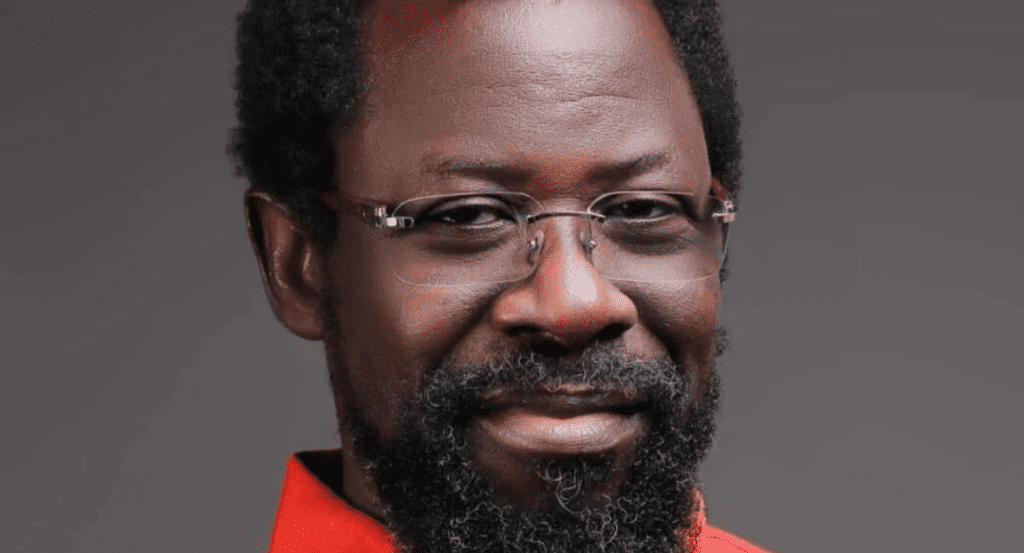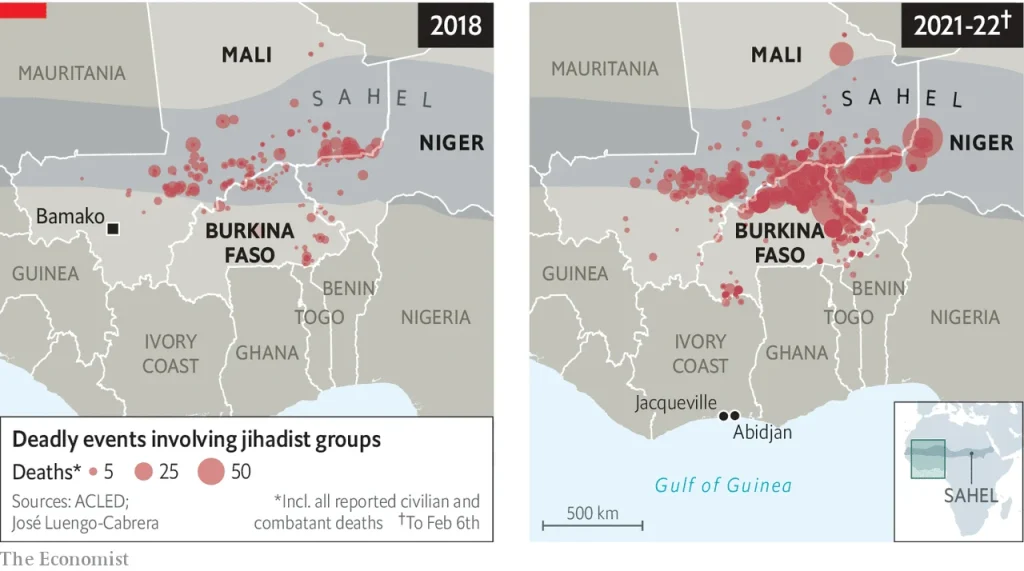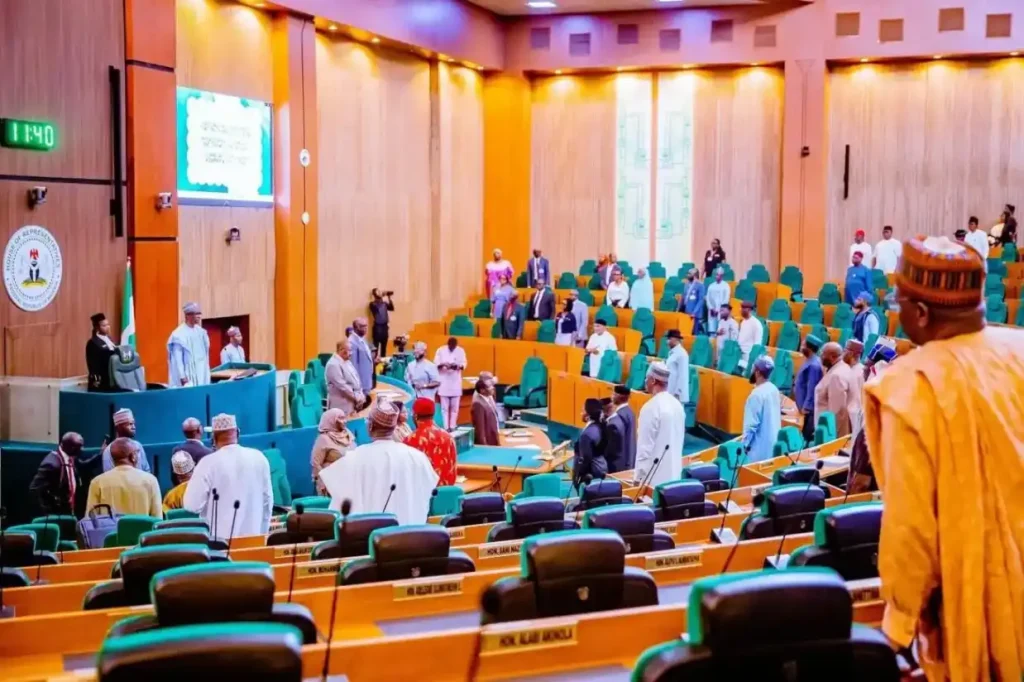Dele Farotimi, a Nigerian human rights lawyer recently entangled in a legal dispute, has achieved a significant milestone as his book emerges as a bestseller on Amazon. This development comes amidst ongoing allegations and his recent remand in prison, highlighting the increasing public interest in his work and activism.
Farotimi’s book, which delves into themes of justice, human rights, and political accountability in Nigeria, gained remarkable traction after his arrest. The book’s sudden surge in popularity has been attributed to heightened public awareness and debates surrounding the legal charges against him. Readers appear eager to engage with his perspectives, considering the timing of his rise to prominence.
While Farotimi faces defamation charges initiated by prominent Nigerian lawyer Afe Babalola, the controversy has sparked widespread discussions on freedom of expression and the role of dissenting voices in democracy. Many supporters have rallied behind Farotimi, lauding his contributions to human rights advocacy and viewing his book’s success as a testament to the impact of his work.
In response to the ongoing saga, King’s College London, where Afe Babalola holds a senior honorary position, has reportedly started reconsidering its association with the legal luminary. The institution is said to be evaluating its ties to Babalola following public scrutiny over the defamation case.
Farotimi’s supporters argue that the defamation charges are part of a larger pattern of silencing activists. Meanwhile, his legal team has reiterated their commitment to challenging the case, calling for a fair and impartial trial.
The success of Farotimi’s book, despite the controversy, underscores the growing appetite for literature that addresses Nigeria’s sociopolitical challenges. It also highlights the power of public discourse in shaping narratives around justice and accountability.
As the legal proceedings unfold, Farotimi’s rise in literary circles signifies a complex intersection of activism, law, and public opinion, placing him at the center of a critical moment in Nigeria’s fight for freedom of expression.





















